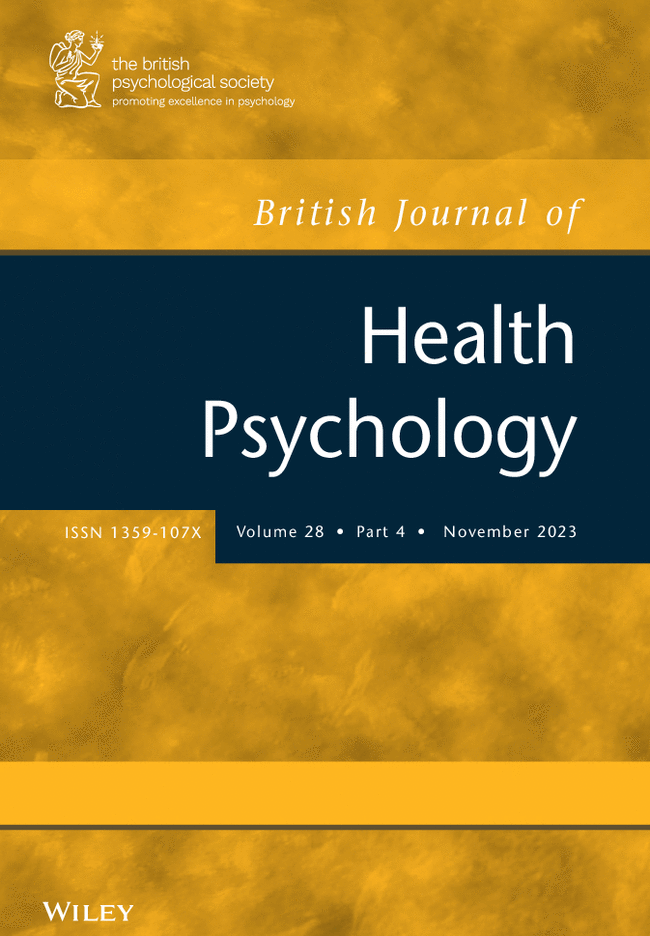BRCA1/2 pathogenic variants have been associated with an increased risk for breast, ovarian, pancreatic, prostate cancer as well as melanoma. The present research uses the Leventhal's common-sense model of self-regulation (CSM), a theoretical framework highlighting the role of mental representations on responses to a health-threat. We aim at understanding the personal meaning and representation of living with an hereditary breast and ovarian cancer predisposition.
Semi-structured interviews of 15 BRCA carriers were analysed using the interpretative phenomenological analysis.
Mental representations develops in childhood and are influenced by childhood emotional responses to the familial experience of the BRCA predisposition. Pre-existing beliefs about BRCA, even erroneous, are deeply anchored and not called into question by medical informations given during the genetic counselling. This is particularly true when medical information is perceived as too complex, inconsistent or in contradiction with familial experience. These beliefs about the consequences of being carriers of the BRCA gene influence emotional and behavioural experiences leading to experience fear, anxiety, lack of hope for future or self-identity change. For participants with a traumatic familial experience of cancer, the lack of treatment for this genetic disease generates a perpetual overestimation of cancers’ risk and the feeling of an unending danger associated with early death despite breast and ovarian prophylactic surgery. When strong negative representations of the BRCA predisposition are experienced, dysfunctional health behaviours, such as drugs consumption or overuse of medical consultations, could appear consecutively to emotional disorders.


